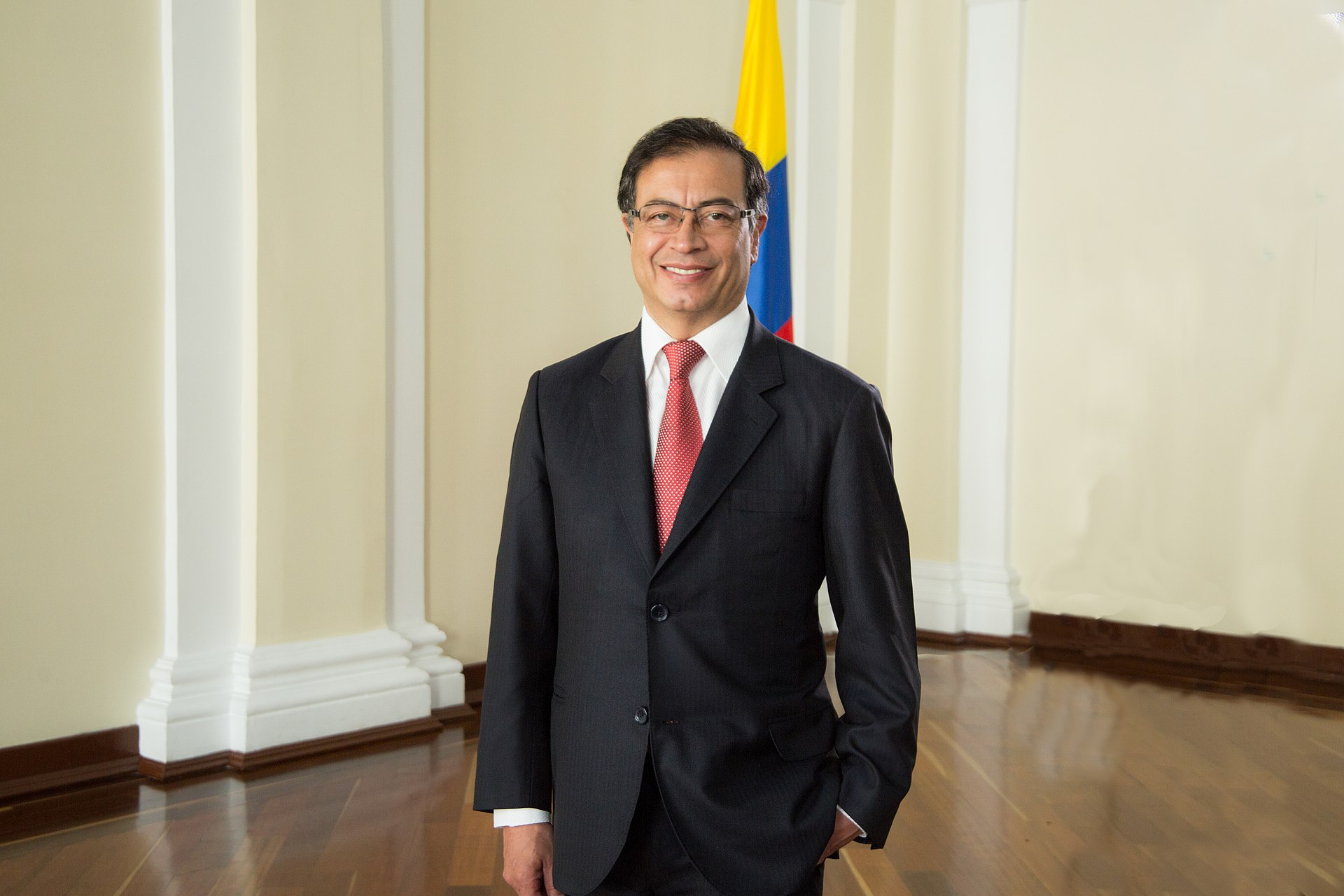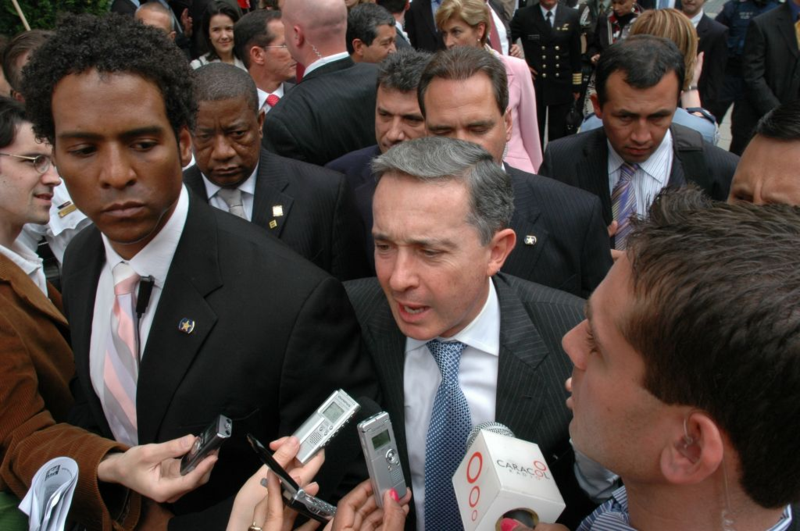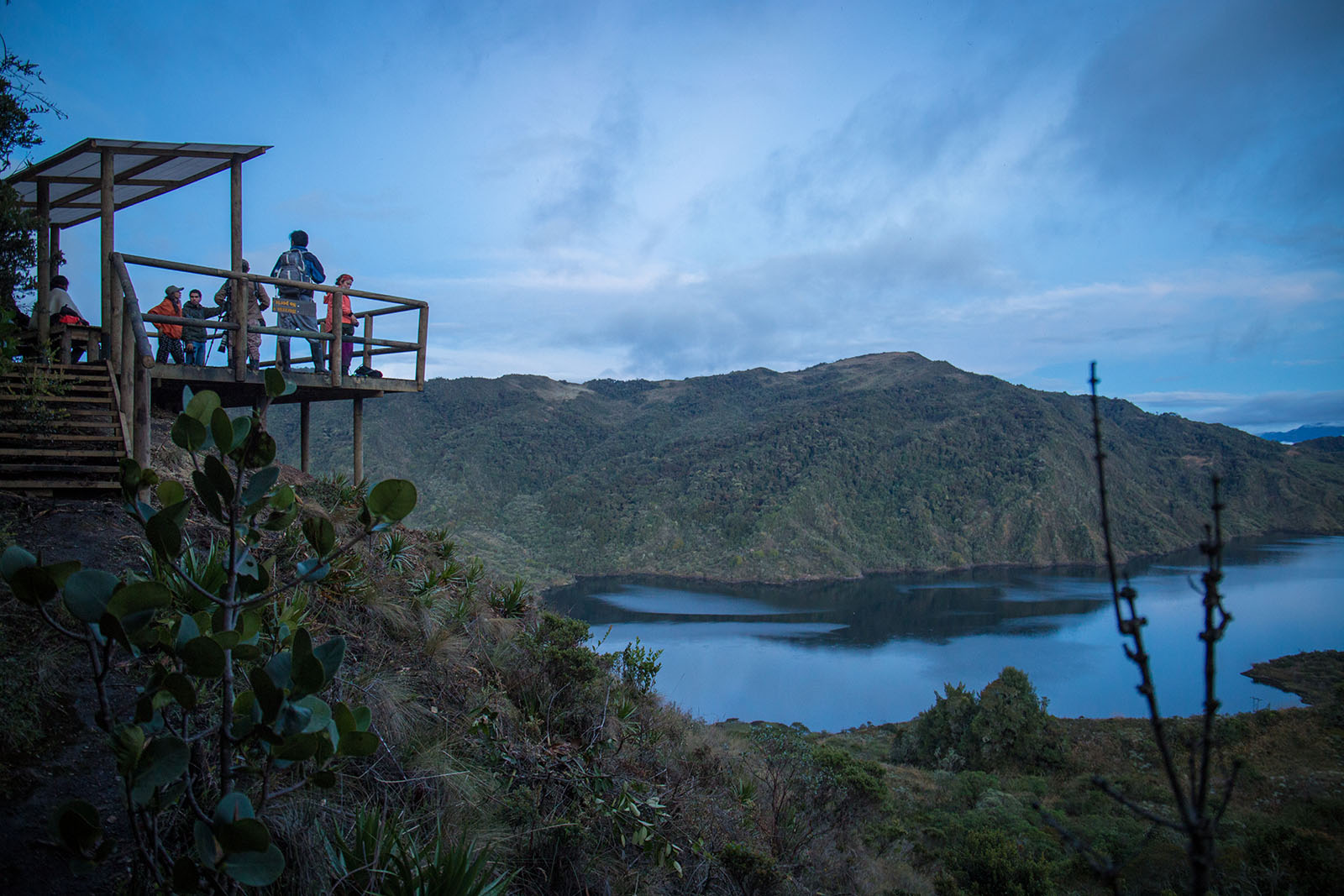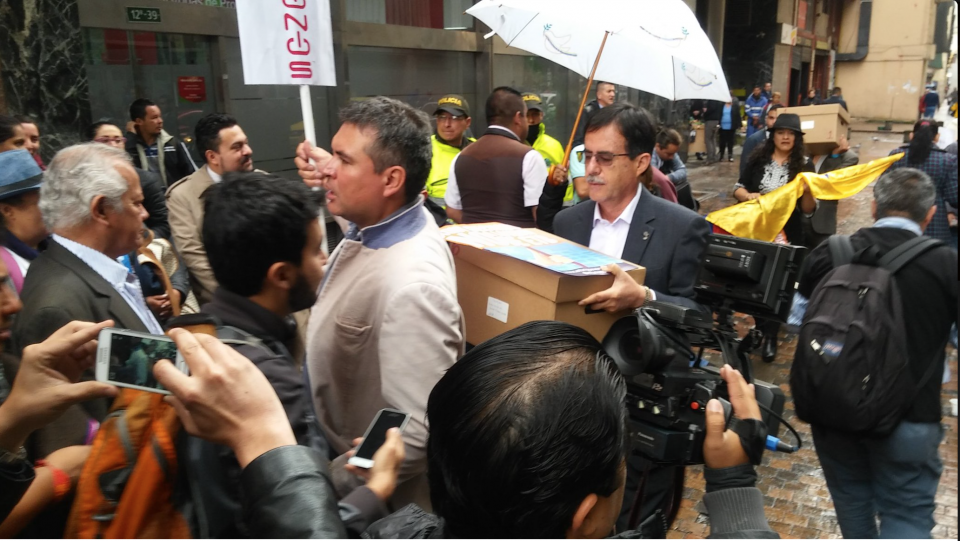We look at both candidates’ positions on a range of key issues. Find out what Gustavo Petro and Rodolfo Hernández have to say about the environment.

In 2022, there’s a lot of talk about environmental issues and green matters. Colombia could be at the forefront of these discussions, with abundant natural resources and as much biodiversity as anywhere else on earth. To what degree any of this moves the ordinary voter, it’s hard to know. With inflationary pressures making post-Covid economic revival somewhat rocky, many people have too much on their own plates to worry about the wider world.
While people may not all be eco-warriors, locally the la niña rains have been particularly problematic this year. Plus, internationally the last few months have given cause for concern abroad. With oil shocks reminding us of the late 70s, this is as good a time as any to push towards energy self-sufficiency. The Amazon too is reaching a tipping point, so changes are here.
Frack off
Fracking is the topic that seems to be most widely discussed on social networks. Petro virulently opposes it, proposing a total ban on new projects, stopping some that are already in place and promising to respect any public opposition. He will also ban large open cast mines, but allow small traditional and artisanal mines to continue. Rodolfo has indicated in speeches and videos that he’s not opposed to fracking, but it’s absent from his manifesto. He does talk about mining, but only to say that he will insist on multinationals following the same rules in Colombia as they would in their own countries.
Read more: Election cheat sheets – Petro
Green energy
With fracking off the table and further resource extraction limited, green energy is the way forward for Petro. He plans to invest in all forms of renewables, depending on the area. Colombia is already in a good position with regard to hydroelectrics, but there will have to be investment in solar and wind. He acknowledges this, proposing a gradual decarbonisation plan which will protect both employment and economy along the way. He plans to make energy a ‘common good,’ although it’s not clear what that means exactly. His critics paint this as a plan for nationalisation. He will keep Ecopetrol as a national company and create a National Institute for Clean Energy. He plans to use existing biocarbon reserves for internal use as much as possible. Rodolfo follows a similar tack, advocating for responsible use of non-renewables and a gradual increase of renewable energy depending on the zone.
Deforestation
Deforestation is more commonly associated with Brazil, but it’s a big problem in Colombia too. Rodolfo wants to stop this by paying farmers not to cut down trees or to plant trees, especially native species, and a basic income for those that protect forested areas. He would also strengthen the existing environmental authorities and push for swift justice in cases of ecological destruction. He promises to ratify the Escazú Agreement for Latin American cooperation on climate change and apply the targets from COP26 last year. There will be a special protection plan for the Amazon. Petro plans to work with neighbouring countries to present a united front protecting, for example, the Amazon. He will do this by offering carbon offsetting.
Read more: Election cheat sheets – Rodolfo Hernández
Pollution and recycling
Petro plans to develop more biodegradable materials, which Colombia is more than capable of doing. He will also prohibit single-use plastics, which are heavily used in Colombia. Recyclers will be formalised and their work valued, while open dumps for rubbish will be phased out. Even in cities, there will be moves by Petro to allow measures to combat pollution. For example, local governments will receive funding to promote walking and biking as well as the permission to create low-emission zones within cities. Rodolfo has similar plans, giving green budgets to regions via the vice-president’s office. Each region can use the money to promote cycling, recycling, conservation, renewable projects, and so on.
Read more: Your guide to the Colombian elections
In the end
Although the electorate doesn’t seem particularly bothered by the issue, this is one thing governments absolutely are obsessed with, and for good reason. Both candidates agree on the basics here, and will both work towards a more eco-friendly economy. The big question is how much they can do without inflicting too much pain. It won’t be easy to fully green the economy and some benefits will be invisible and/or delayed.
Colombia has several big advantages here, with a relatively low carbon footprint per person already and plenty of natural resources. Although there is still plenty of opposition from oil companies and the like, the wind is blowing in one direction: towards a greener future. Colombia should orientate itself towards that, especially in terms of international relations. Questions linger over precisely how this will happen, but the will does seem to be there at the top level.





